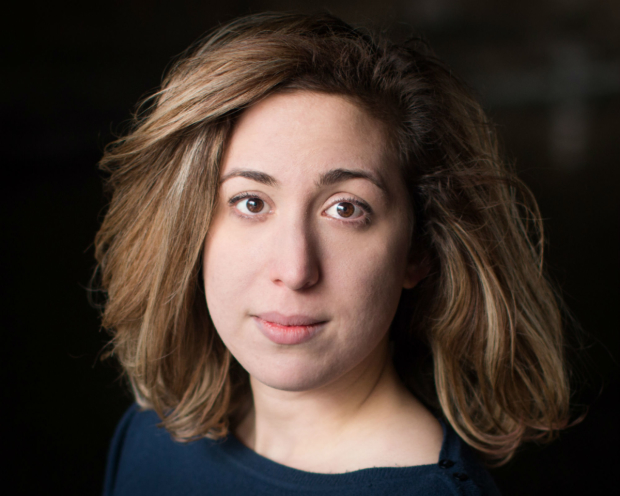Culture can show us what we have in common
The director of the new piece ”One Last Thing (For Now)”, which is inspired by letters from war, looks at how culture can reach across borders

One Last Thing (For Now) is a show that was inspired by love letters written during war time across different cultures and different languages. The show interweaves stories from WWI in England, WWII in France, Germany and Russia, narratives from the Vietnam War, the conflict in Colombia (where just recently the guerrilla fighters have surrendered their weapons after decades of fighting) and stories from contemporary Britain and Israel. It’s a network of stories that by the end of the show becomes one story, a shared story across times and places.
Three months ago, I had just returned to London after being endorsed by Arts Council England as a promising exceptional talent in the UK. The members of my company were sitting in the flat I was subletting at the time, and we were asking ourselves what, as Britain chooses to leave the European Union, can a show like One Last Thing (For Now) give people? We believe it gives an understanding we all need to express the same kindness in times of crisis. That we all, no matter where we were born, or raised, or choose to live the rest of our lives, have a ‘war’ in our history (or our present) that dictates a part of how we see our reality today. If we can see these experiences across cultures, then we can understand how our own experiences can be shared, and that we actually have more in common than we think.
No matter where we were born, we each have a ‘war’ in our history
A year ago I had just finished directing the rehearsed reading of the full play of One Last Thing (For Now) at the Arts Theatre. I was packing my bags to leave the UK, a place I felt was my home and I was ready to go on a journey to take my company on an international tour. It is quite difficult for international artists to create work in Britain because the standards for an artist’s visa are very high.It meant that I had to find a way for Althea Theatre and for myself to be recognised on an international level.What I could see, as a non-British theatre maker working in British theatre, was that cultures can help shed light on one another. We can look at themes like belonging, immigration and the essence of home in a way that allows us to transcend cultural gaps and languages barriers.
At the beginning of the centenary of WWI, two years ago, postcards and letters began to be published in newspapers and in collections in museums. These letters, these personal stories, portray such a different reality than the reality that was told by the news or the media. These letters are relatable, extremely moving, and sometimes excruciatingly descriptive. Together with my ensemble, we started reading more and more of them. These documentations of peoples’ lives during times of conflict felt like a way to bring audiences together. By looking at the experience of people who lived and loved through those times and not through the events themselves. ‘When you change the way you look at things, the things you look at change’, and if we could look at the individuals who choose to communicate love and strength in times of deep uncertainty and danger, then maybe how we look at that uncertainty can change. There is no need to make the connection to why such an approach is particularly relevant now.
The letters are relatable, moving, and excruciatingly descriptive
Two and a half years ago, I read a postcard in English from a hundred years ago that said ‘All My Love x’. A day later, I read a text message in Hebrew from a soldier that died in combat and left a message to his mother. He said the same thing. Because, apparently, when one is about to leave the world, there is an intuitive inner human place that has a basic need to express love. And I saw it back then. I saw it without knowing that a year later I’d have to leave to country. That six months later, the UK would vote to leave the EU. Then a year later, Trump would be elected president in America. That communities around the world would become polarised. And because I saw it, I wanted to make a piece of theatre about it. A piece that could suggest a more truthful and multi-layered representation of the local and international communities in London and the UK today.
One Last Thing (For Now) runs at the Old Red Lion Theatre until 25 March.












